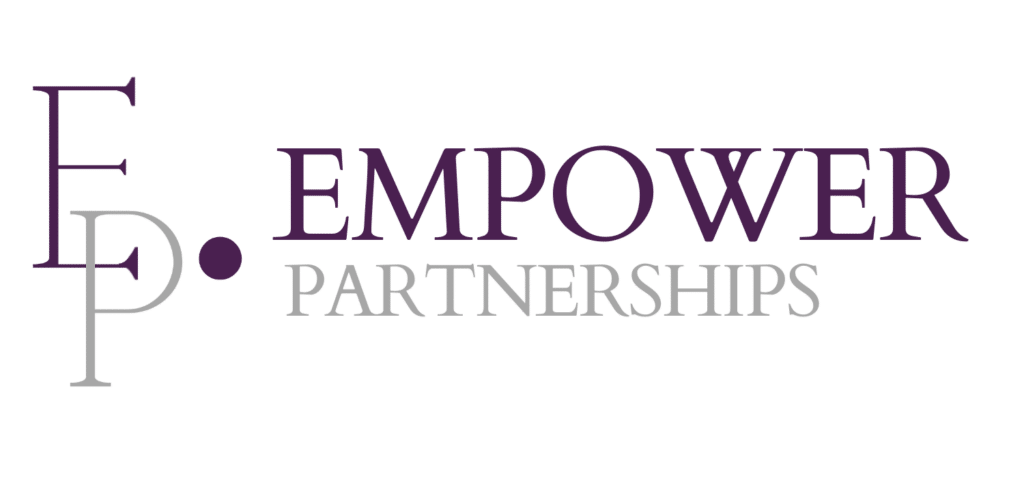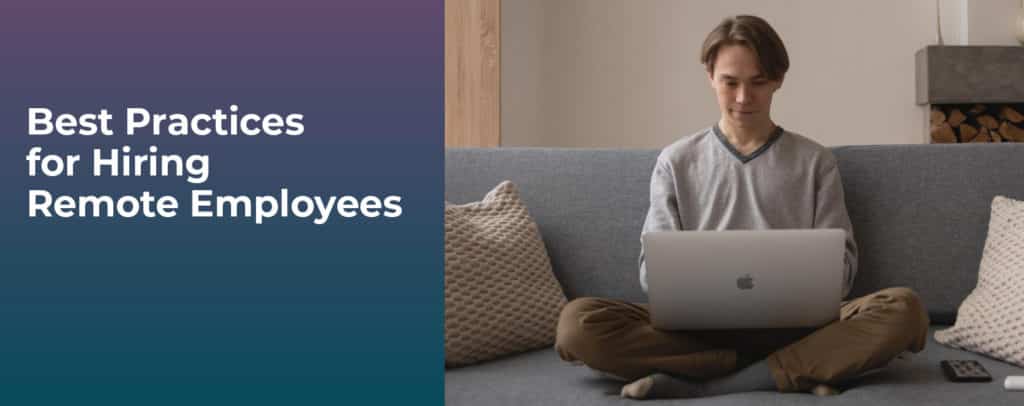Of the people that worked from home during the COVID-19 pandemic, 81% said they would like to have hybrid or remote working options moving forward. Many businesses across the country have adjusted their workplace to accommodate the increased desire for remote options, which means you need to stand out when hiring for remote positions.
Follow these best practices to make sure your remote hiring process gets results.
Define your ideal candidate
No matter what type of role you’re hiring for, whether in-person or remote, you want to establish what the ideal candidate looks like. This is even more important when hiring remotely, as a candidate fit for an in-person position may not have the skillset that would help them succeed in a remote work environment.
Add in an assessment
To better evaluate remote working skills, use a pre-employment assessment. The Predictive Index’s behavioral assessment, for example, provides useful insight into a candidate’s soft skills and how they align with the role in question.
Tailor your job descriptions
Without the right job postings, you won’t find the best remote talent for your organization. An eye-catching job description should include:
- An easy-to-search job title
- A compelling introduction to your company, including how your company values are beneficial to remote workers
- A definition of what “remote” means to your company
- A thorough description of the experience and skills required for the role, as well as the position’s main responsibilities
- The position’s salary and any additional benefits
Advertise strategically
Your perfectly-written job advertisement won’t do much good if you’re posting it in the wrong place. With so many people looking for remote work, there are now dozens of job sites geared towards remote work. Promote your job posting on these sites, rather than sticking to the usual job boards, like LinkedIn or Indeed.
Don’t forget about company culture
Even if an employee doesn’t step foot in an office, you want them to be a good fit for your company culture, but evaluating this can be difficult when all interactions with a candidate are remote. To find the best fit, you need to first define exactly what your values are, and then, you can more easily construct value-based interview questions that give you a better idea of the candidate’s cultural fit.
Don’t neglect the technology
Remember, candidates are also evaluating you during an interview, so you want to put your best foot forward. Prior to the interview, make sure to follow these tips:
- Give the candidate the information they need, such as the link to the interview, well in advance
- Test your audio and video
- Plan for how you’ll resolve any unexpected technical issues or interruptions
Be as transparent as possible
Clear communication is key in a remote role, and that should start with the hiring process. From your job description to the interview, be clear about the job’s expectations. You should also clarify how you’ll work with your remote team to ensure everyone has the support they need to do their job effectively.
How else can you improve your remote hiring?
Our talent acquisition services bring you the tools, expertise, and scalability you need to make smarter remote hiring decisions. Reach out today to learn more about how we help you find, and retain, the best people for your business.







